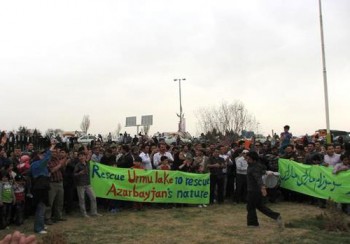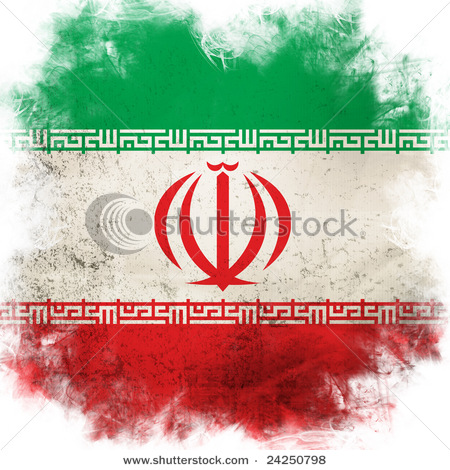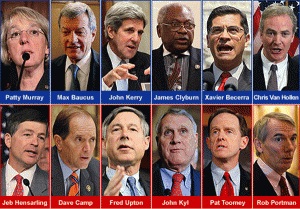 Released in this month's mass "drop" of US documents by WikiLeaks, this may be the most explosive document I have seen about the disputed 2009 Iranian Presidential Election. That is not just because of the content --- a graphic description of an election stolen under the direction of a member of the Supreme Leader's office (his son, Mojtaba Khamenei?) amidst a divided establishment, with the Revolutionary Guards split over support for Mahmoud Ahmadinejad --- but because of the support.
Released in this month's mass "drop" of US documents by WikiLeaks, this may be the most explosive document I have seen about the disputed 2009 Iranian Presidential Election. That is not just because of the content --- a graphic description of an election stolen under the direction of a member of the Supreme Leader's office (his son, Mojtaba Khamenei?) amidst a divided establishment, with the Revolutionary Guards split over support for Mahmoud Ahmadinejad --- but because of the support.
The claims are not made by a foreign agency or by the Iranian opposition. For the first time, they come from a source close to the highest levels of the regime. It is the brother of the military advisor to the Supreme Leader who outlines:
1. The election was a "political coup", with disruption of Mir Hossein Mousavi's organisation and communications, an exaggerated vote for Mahmoud Ahmadinejad, and a very quick announcement of the supposed results. The fraud was orchestrated by someone "very close to the [Supreme] Leader" and involved the commander of the Revolutionary Guards, Mohammad Ali Jafari.
2. The decision to manipulate the election was prompted by the perceived surge of support for Mir Hossein Mousavi, especially after his performance in a 1-on-1 debate with Ahmadinejad.
3. The Revolutionary Guards split over the manipulation, with a majority opposed Jafari and the Basij militia's command.
4. The political establishment were also divided. Only a minority of conservatives supported Ahmadinejad before the vote, and he was only backed by one senior cleric, Mesbah Yazdi.
5. To bolster the opposition, which had turned out in the hundreds of thousands (millions?) the previous day in Tehran, the US should promote a message of human rights and should not recognise Ahmadinejad.
THE ORIGINAL DOCUMENT
¶1. (S) Summary: Syed Salman Safavi, brother of ex-IRGC commander and the Supreme Leader's military advisor Rehman Safavi, on June 16 told London Iran Watcher (Poloff) and a small group of diplomats that "a majority" of leaders within the government of Iran and the IRGC want the United States, while continuing to avoid interference in Iran, to continue and even strengthen its public messages on human rights, so as to support popular protests in Iran and prevent any consolidation of Ahmedinejad's electoral win. Safavi said "a majority" of the IRGC have split from the Basij and from IRGC commander Jafari over the manipulation and aftermath of the June 12 elections. He added that a person he "cannot name, very close to the Supreme Leader," and "working in the Leader's office," conceived and ordered engineering of the election and of attempted suppression which has followed. Safavi claimed no senior clergy other than Mousavi in fact support Ahmedinejad. Safavi offered no compromise solution among contending parties in Iran, and indicated throughout that either Moussavi or Ahmedinejad would be politically vanquished. He explicitly played down the prospect of a "civil war" raised by a European interlocutor. End summary.
Click to read more ...
 Last December, Tunisians rose up against their dictator, triggering a political earthquake that has sent shockwaves through most of the Middle East and north Africa. Now, Tunisia is leading the way once again – this time on the vexed issue of gender equality.
Last December, Tunisians rose up against their dictator, triggering a political earthquake that has sent shockwaves through most of the Middle East and north Africa. Now, Tunisia is leading the way once again – this time on the vexed issue of gender equality. Brian Whitaker,
Brian Whitaker,  CEDAW,
CEDAW,  The Guardian,
The Guardian,  Tunisia,
Tunisia,  Women's Rights
Women's Rights 





